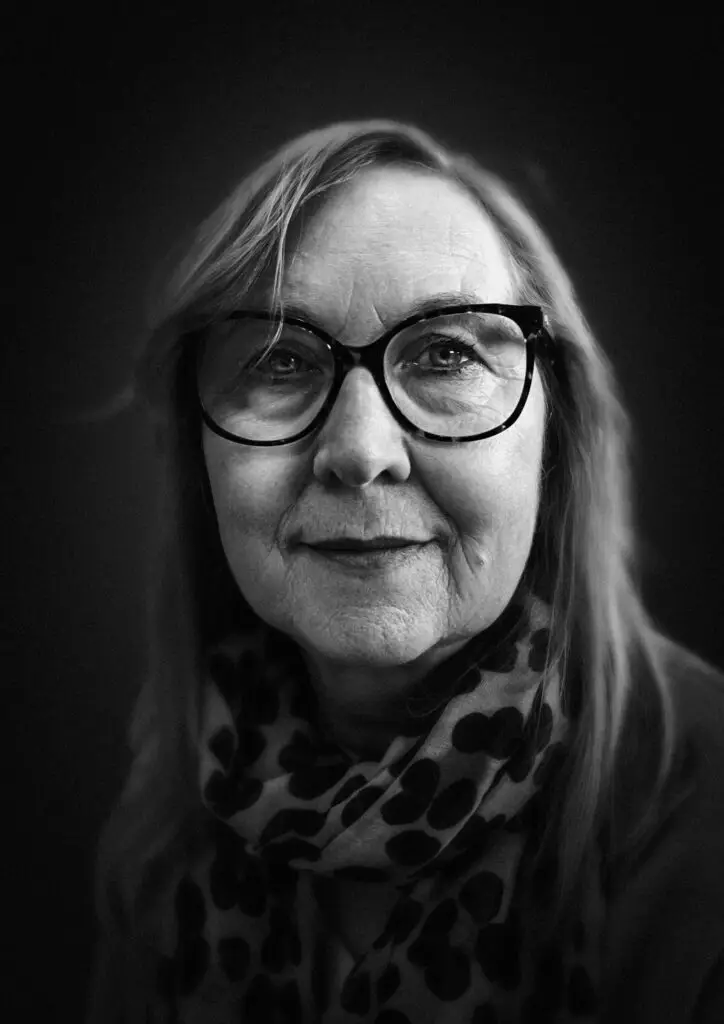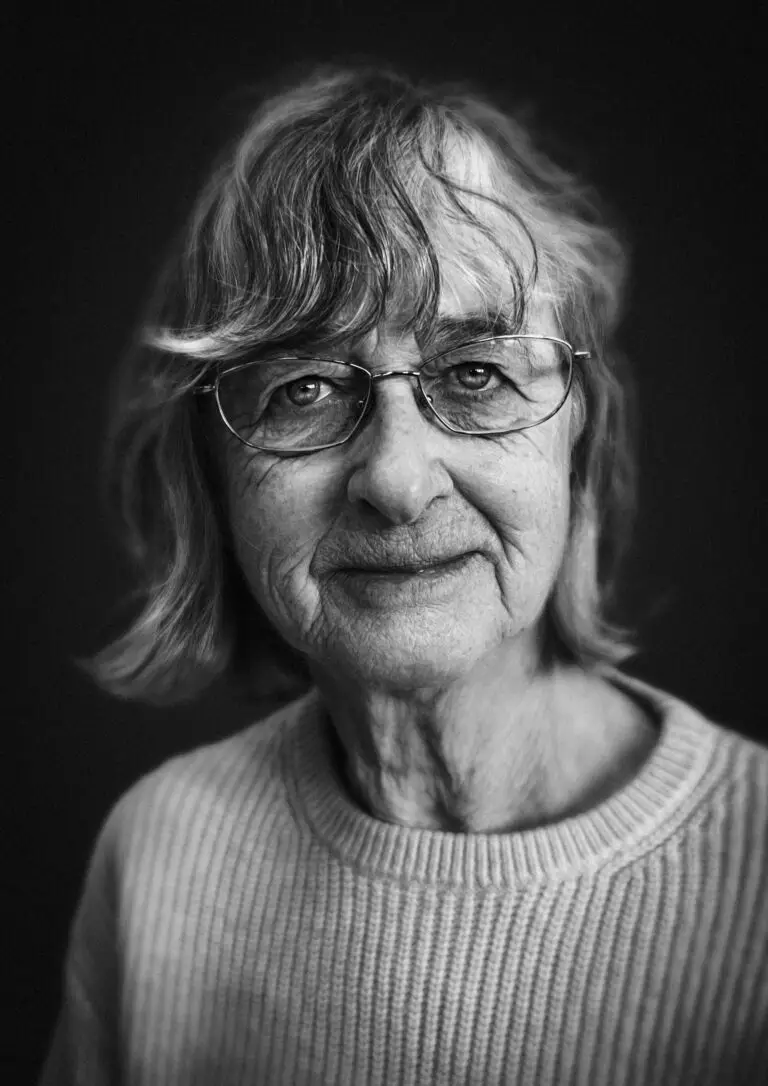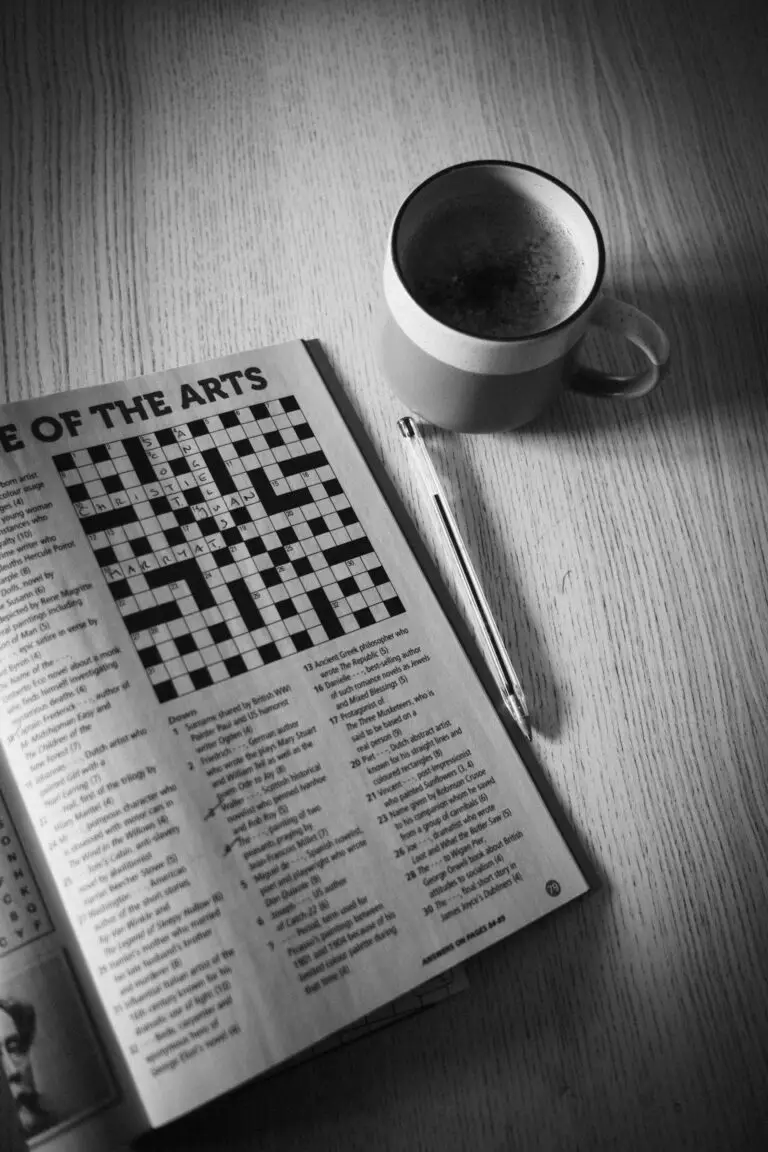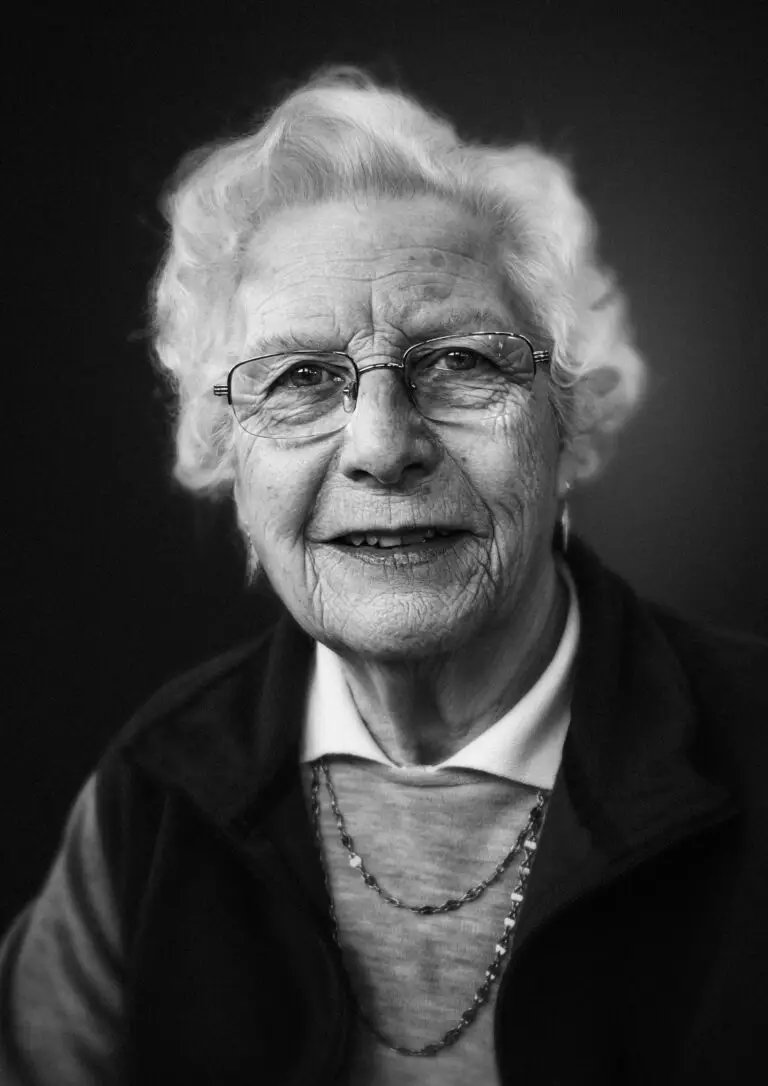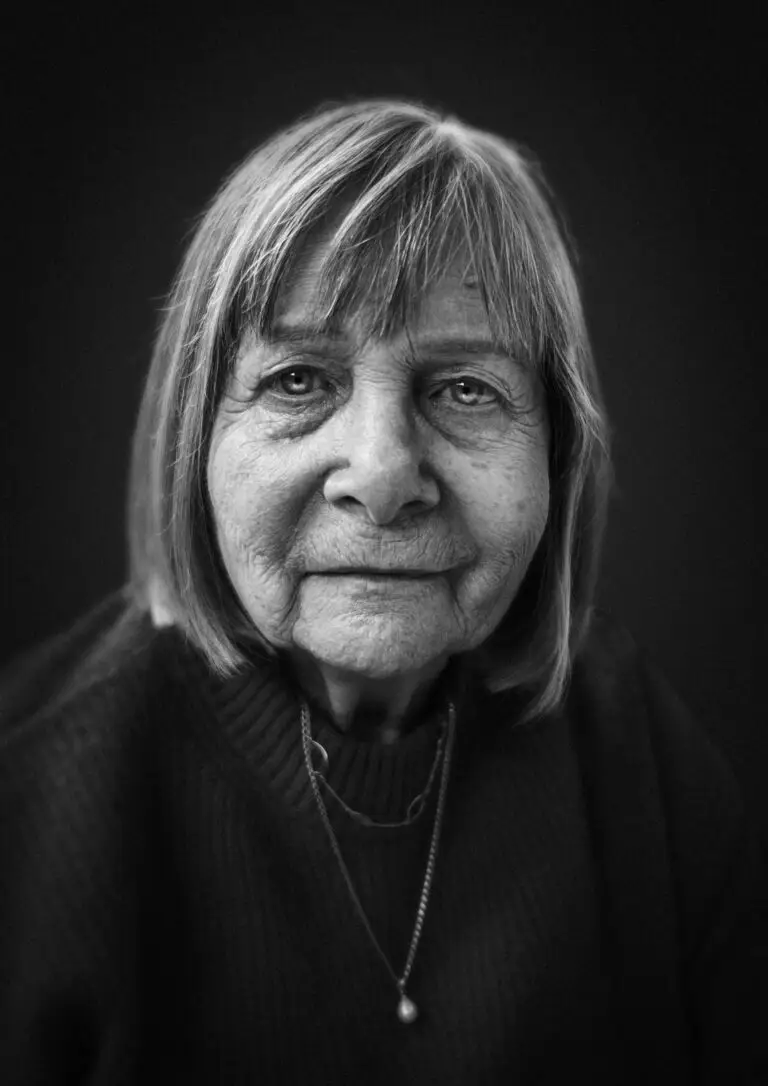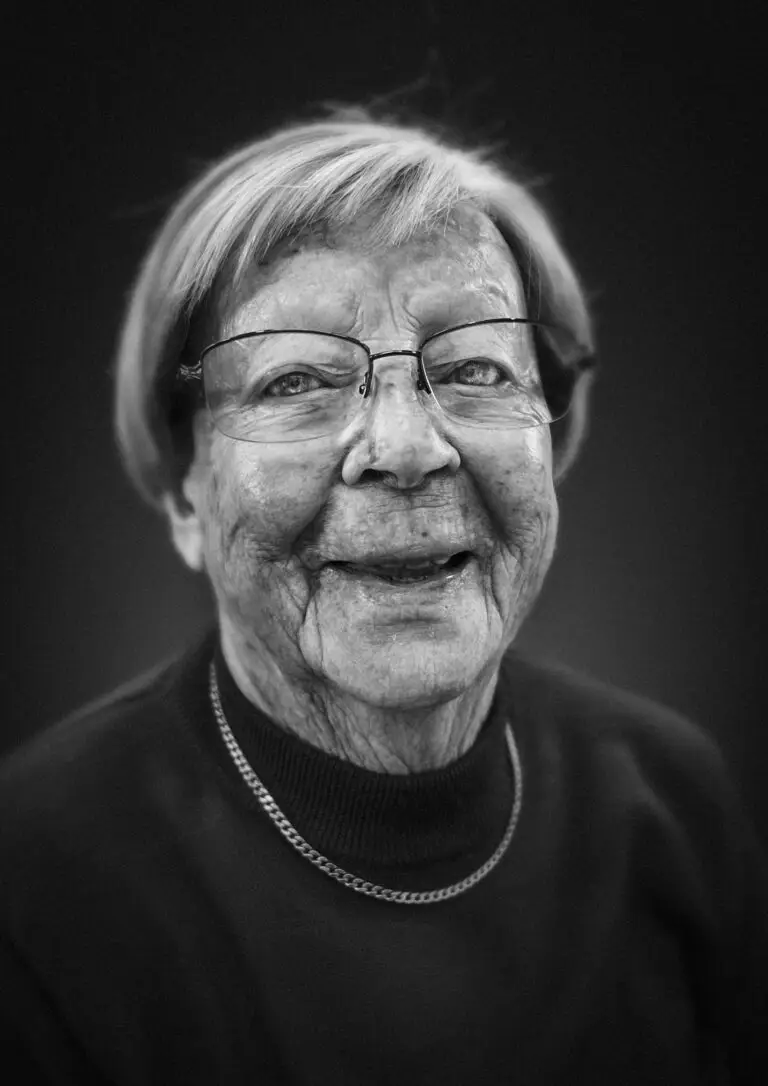I suppose I’d say I’m doing okay, depending on the day. Some days are easier than others. It’s a strange space to live in—the in-between of holding things together and feeling like they’re always just about to fall apart.
My mum has dementia. It’s been a long road getting here. Our relationship wasn’t always easy, even before her diagnosis. I wouldn’t say we were especially close. She could be warm in company, even sociable, but at home she was often sharp with us, particularly as children. There was always this distance between us that never quite closed.
When things first started to change, my dad was still alive. I could see something was wrong, but both of them refused to accept it. I tried to help—arranged care assessments, looked into support—but they didn’t want any outside involvement. No cleaning, no meals, nothing. They insisted they could manage. It all fell to me.
At the time, I was doing a Master’s in Social Work. I didn’t finish it. Life, quite simply, got in the way. Everything else became more urgent.
Mum started repeating herself, forgetting things, but not in the usual way. It was constant, and it gradually became impossible to ignore. Then came the mood swings—anger, confusion, shouting. She’d pack a bag and say she was leaving, though she had no idea where to. Dad bore the brunt of it but didn’t say much at first. Slowly, the cracks began to show. The house deteriorated. He lost weight because she stopped cooking, and though he could’ve made something for himself, he didn’t. That wasn’t how things worked for them.
Eventually, my brother took her to the memory clinic, and they gave her medication. That was around five or six years ago. Since then, we haven’t had any ongoing medical support. Everything we’ve had, I’ve had to seek out, research, arrange. It’s like being handed a diagnosis and then left alone to figure out the rest.
Navigating care systems has been a challenge in itself. Council websites are confusing, information is scattered, and when you’re already exhausted, it’s overwhelming. At times, I’ve found myself just desperately trying to find a support group—anywhere to get us both out of the house for a bit. You end up hating yourself because you lose your patience. The repetition, the constant questions—it gets under your skin. Then the guilt follows.
Eventually, I was registered as a carer and started receiving emails about support groups. But they’re always during the day—when I’m either working my 10-hour-a-week job to cover my daughter’s rent or looking after Mum. I can’t go. During COVID, online sessions were much easier to access. Since then, things have gone backwards in that sense.
The diagnosis itself didn’t feel like a turning point. I had hoped the medication might help slow things down, and maybe it has. Mum seems to have levelled off a bit, while others we’ve known have declined quite quickly. I’m not sure if that’s something we’ve done or if it’s just luck.
My life has changed beyond recognition. I gave up my course, my career hopes, and plans. There was a fire at Mum and Dad’s house—Dad had been cooking. They moved into a hotel, which Mum found very disorienting. The stress became too much for Dad. He had a stroke, was taken to hospital, and died. I was trying to juggle coursework, a funeral, house repairs, and care arrangements all at once. It was impossible. I never completed my dissertation. That was going to be my career reboot—my last chance to do something just for me. But the timing slipped away. Now, others have qualified and moved on, and I’ve been left behind.
It feels like the future I imagined is gone. This is the reality now.
Mum and I can’t really have proper conversations anymore. She remembers some of her childhood and knows I have children—but thinks they’re still little. She talks to me like a neighbour she hasn’t seen in years, even if I’ve just walked back in from the kitchen. Some days it’s hard to keep up the energy to respond. You start to feel invisible.
Support is patchy. There’s no one keeping track of her medication. No one checking in. It all depends on whether I remember everything. It’s exhausting. And when you turn to organisations like the Alzheimer’s Society, it often feels like all they do is hand you more forms or give you leaflets. But forms don’t listen. And leaflets don’t make dinner.
Her moods vary. She gets angry sometimes, especially when it comes to hygiene. She doesn’t always want to change clothes, even if they’re stained. We argue about it—she calls me bossy. But I know how much she used to care about how she looked, and I want to honour that. I don’t want people to look at her and think she’s not cared for. But she doesn’t see it that way. The arguments wear you down.
I often wonder what others would understand if they saw all this. Especially how often the caring falls to daughters. My brother helps with practical stuff—DIY, that sort of thing—but the day-to-day care was never an option for him. He would’ve looked at care homes if we could afford one. That thought terrifies me. I don’t want my daughters to ever feel like this is their fate. That they have to do what I’ve done.
My eldest is away at university in Edinburgh. She’s missed a lot of what’s been happening. The younger one’s still at home, and I think it’s made her more empathetic—more aware of people around her. I see it in the little things, and it makes me proud. But I do worry about the effect this is all having on her.
I don’t really talk about it to anyone. I treat it more like a job than a family role now. Maybe it’s the only way to protect myself emotionally. If I really let myself feel it all, I’d crumble. Talking about it now, I can feel the tears at the back of my eyes, and I don’t want to go there.
We do have a few routines. On Mondays, we go to a group where we once played a gentle game of netball—sitting down. Sounds odd, but it was actually good fun. Tuesdays, Mum goes to a day centre. That gives me a small window to catch up on things. The structure helps. Without it, the days would blur.
There isn’t much direct support for me. My husband and family are around, but they’re not really involved. It’s mostly me. I keep going because I have to.
If there’s one piece of advice I could offer, it’s this: don’t try to do it all alone. Find one person—a friend, a professional—someone who will actually listen and not just nod and move on. You need that connection to survive this.
Looking ahead, I don’t have grand hopes. I just hope things don’t get worse. That we stay where we are for a while.
Oddly enough, Mum seems quite content. I don’t think she realises what she’s lost. She doesn’t carry the sadness of it all like I do. Maybe that’s a blessing in disguise.
If I could say one thing to someone else going through this, it would be: you’re not whining. You’re surviving. You’re doing something incredibly hard. And you deserve to be heard.
